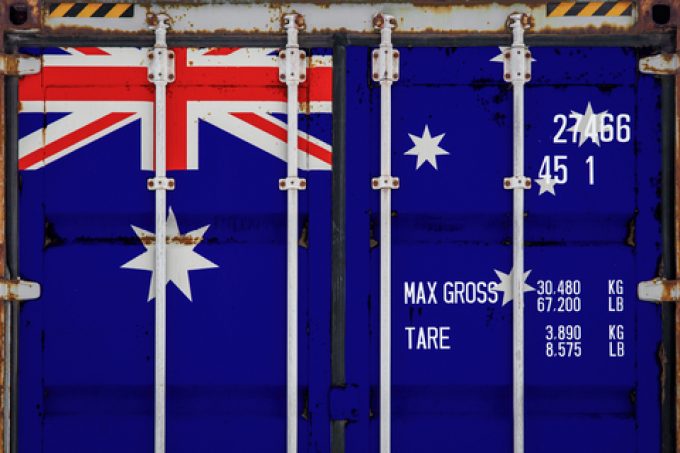Victoria: queue and jam – and now call your advisor (Part Two)
Don’t be deceived, do your own due diligence

The long-term freight rate outlook has turned “positive” for Australia’s agricultural sector, but biosecurity delays caused by a “hopelessly outdated” system are adding to short-term supply chain costs.
According to a new report by agribusiness specialist Rabobank, while container shipping costs will continue to decline over ...
CMA CGM South Korean staff strike over bonuses after bumper 2024 profit
MSC switches two more Asia-Europe port calls from congested Antwerp
CMA airline returns two freighters, while ANA takeover of NCA looms
Nightmare for Bangladeshi exporters as congestion and tariffs bite
Tradelanes: Export boom in Indian sub-continent triggers rise in airfreight rates
Carriers introduce surcharges as congestion builds at African ports
Ports and supply chain operators weigh in on funding for CPB
Box ship overcapacity threat from carrier appetite for new tonnage

Comment on this article